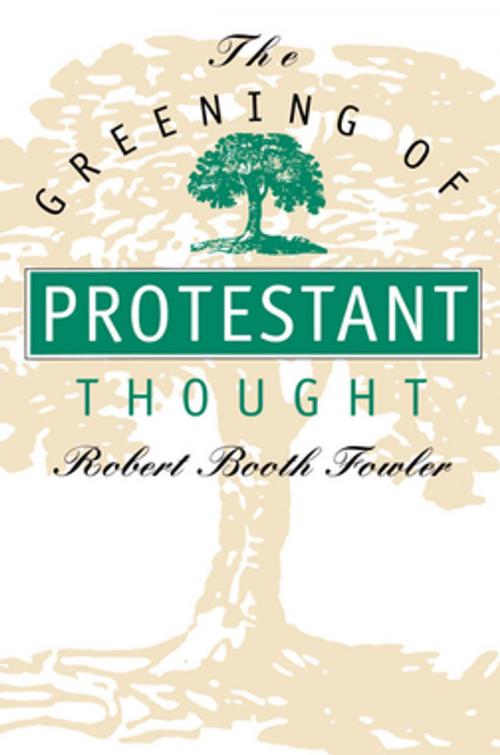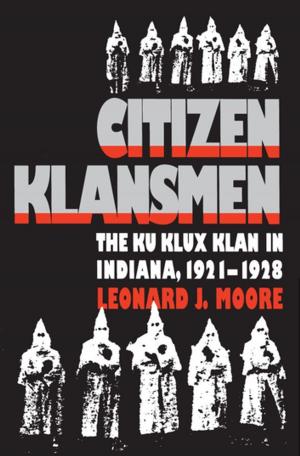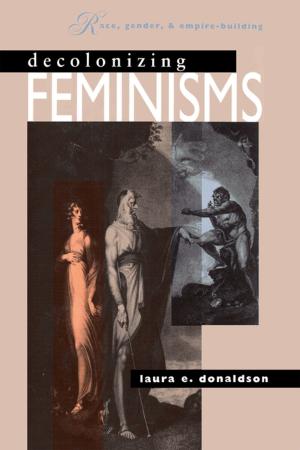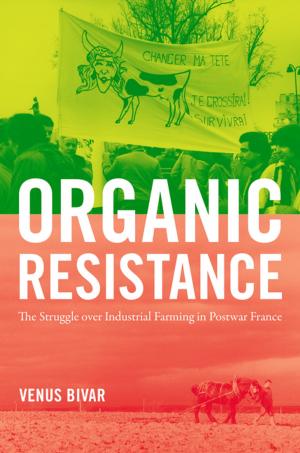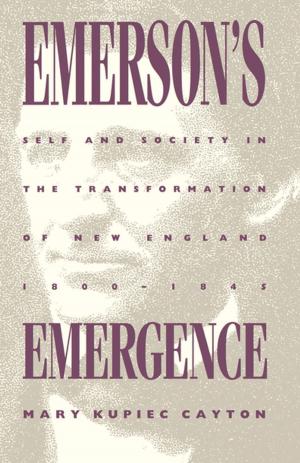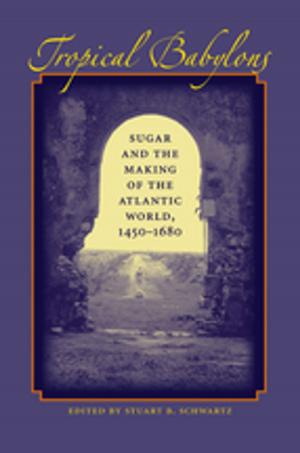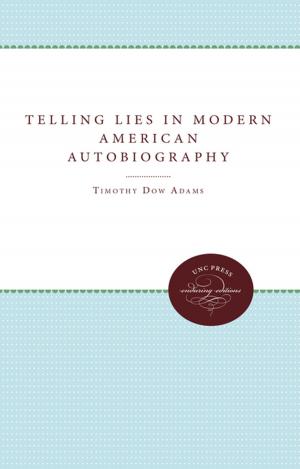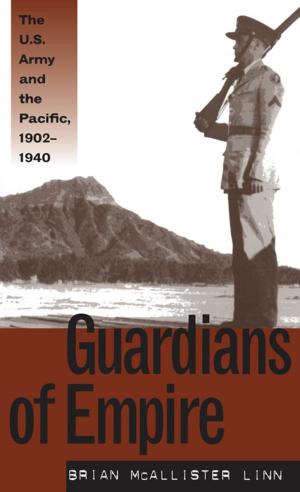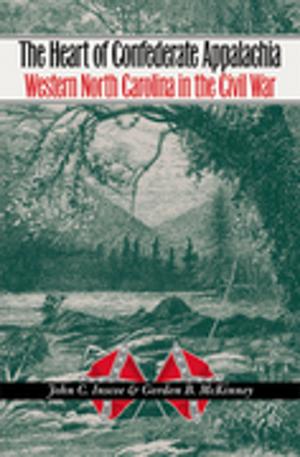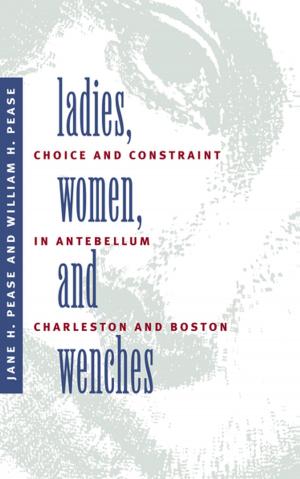The Greening of Protestant Thought
Nonfiction, Social & Cultural Studies, Social Science, Sociology, Marriage & Family| Author: | Robert Booth Fowler | ISBN: | 9780807861530 |
| Publisher: | The University of North Carolina Press | Publication: | November 9, 2000 |
| Imprint: | The University of North Carolina Press | Language: | English |
| Author: | Robert Booth Fowler |
| ISBN: | 9780807861530 |
| Publisher: | The University of North Carolina Press |
| Publication: | November 9, 2000 |
| Imprint: | The University of North Carolina Press |
| Language: | English |
The Greening of Protestant Thought traces the increasing influence of environmentalism on American Protestantism since the first Earth Day, which took place in 1970. Robert Booth Fowler explores the extent to which ecological concerns permeate Protestant thought and examines contemporary controversies within and between mainline and fundamentalist Protestantism over the Bible's teachings about the environment. Fowler explores the historical roots of environmentalism in Protestant thought, including debates over God's relationship to nature and the significance of the current environmental crisis for the history of Christianity. Although he argues that mainline Protestantism is becoming increasingly 'green,' he also examines the theological basis for many fundamentalists' hostility toward the environmental movement. In addition, Fowler considers Protestantism's policy agendas for environmental change, as well as the impact on mainline Protestant thinking of modern eco-theologies, process and creation theologies, and ecofeminism.
The Greening of Protestant Thought traces the increasing influence of environmentalism on American Protestantism since the first Earth Day, which took place in 1970. Robert Booth Fowler explores the extent to which ecological concerns permeate Protestant thought and examines contemporary controversies within and between mainline and fundamentalist Protestantism over the Bible's teachings about the environment. Fowler explores the historical roots of environmentalism in Protestant thought, including debates over God's relationship to nature and the significance of the current environmental crisis for the history of Christianity. Although he argues that mainline Protestantism is becoming increasingly 'green,' he also examines the theological basis for many fundamentalists' hostility toward the environmental movement. In addition, Fowler considers Protestantism's policy agendas for environmental change, as well as the impact on mainline Protestant thinking of modern eco-theologies, process and creation theologies, and ecofeminism.
